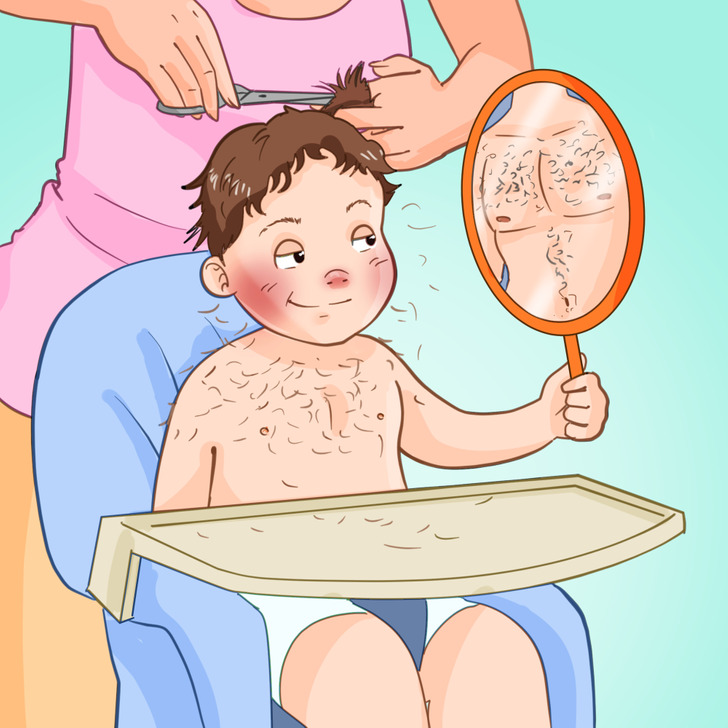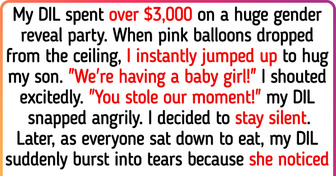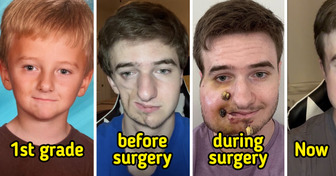10+ People Who Wanted to Be on a Winning Streak in a Situation but Failed Drastically


The everlasting arguments regarding whether a child looks more like their father or like their mother can now peacefully come to an end.
Each one of us inherits half of our genes from our dad and half of them from our mom. People usually have 22 paired non-sex chromosomes and 2 sex chromosomes. The chromosomes in the pairs are simply copies of one another — one received from dad, the other from mom. However, the last 2 chromosomes determine the gender of the baby, and the father is responsible for passing the gene, making a child biologically male or female.
Our appearance depends on which genes of our parents were dominant and which were recessive. Dominant genes are stronger and recessive, in turn, are weaker. For example, the gene for brown eyes is dominant, and the gene for blue or green eyes is recessive. This means that if you have brown eyes and your husband has blue eyes, your child will most likely have brown eyes because the mother’s genes, in this case, are stronger.

Despite the huge influence of the mother on the child’s look, recent researches show that mammals, and this includes humans too, use more DNA from the fathers during mutation — the process that shapes us into who we are. The researchers tested the connection between DNA expression and mutations. Several hundred genes showed the “imbalance in favor of the dad,” James Crowley, the author of the study, said.
Even though the process was not observed in humans yet, scholars call the results of the study “an exceptional new research finding that opens the door to an entirely new area of exploration in human genetics.”
With the father’s genes being more powerful, it makes children more disposed to the diseases gained from the father than from the mother. “If inherited from the mother, the gene wouldn’t be expressed as much as it would be if it were inherited from the father,” Pardo-Manuel de Villena, the co-author of the study, said. “So, the same bad mutation would have different consequences in disease if it were inherited from the mother or from the father.”
Hence, by observing your dad’s health condition, you may be able to predict your own possible illnesses in the future.
The following articles won’t let you stop to be surprised:











